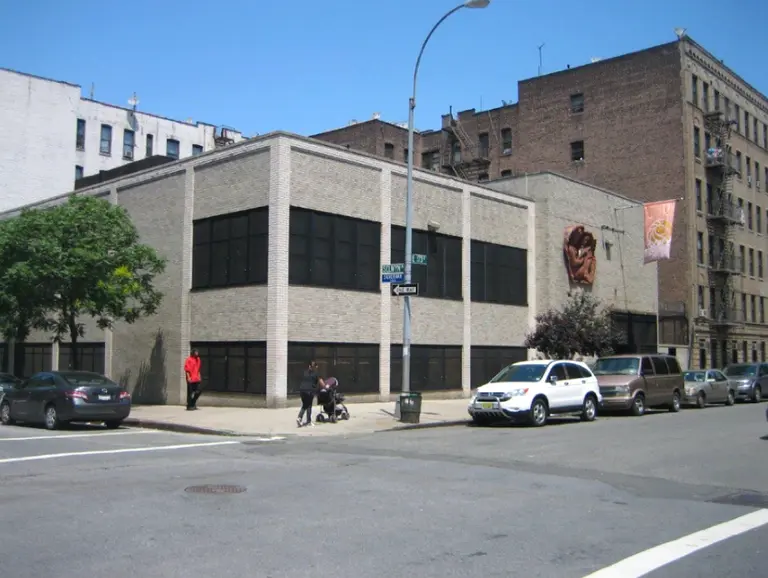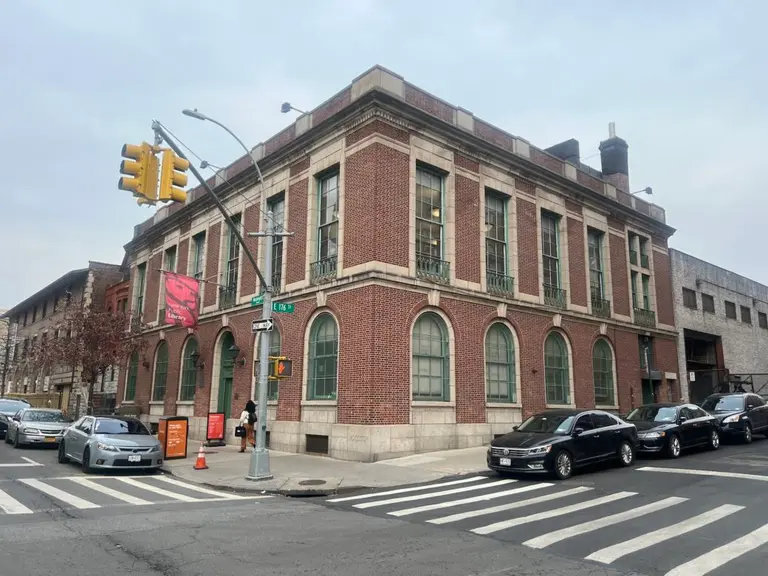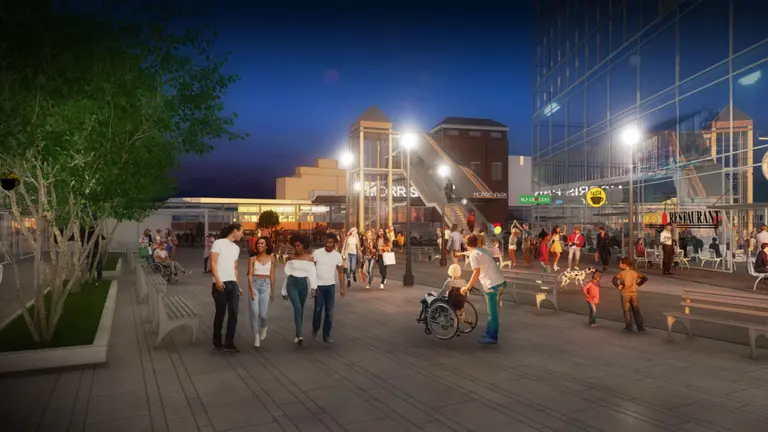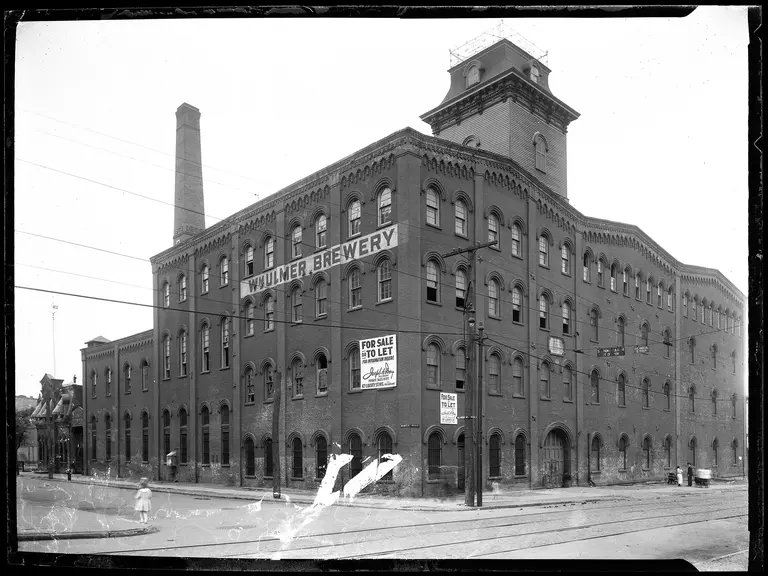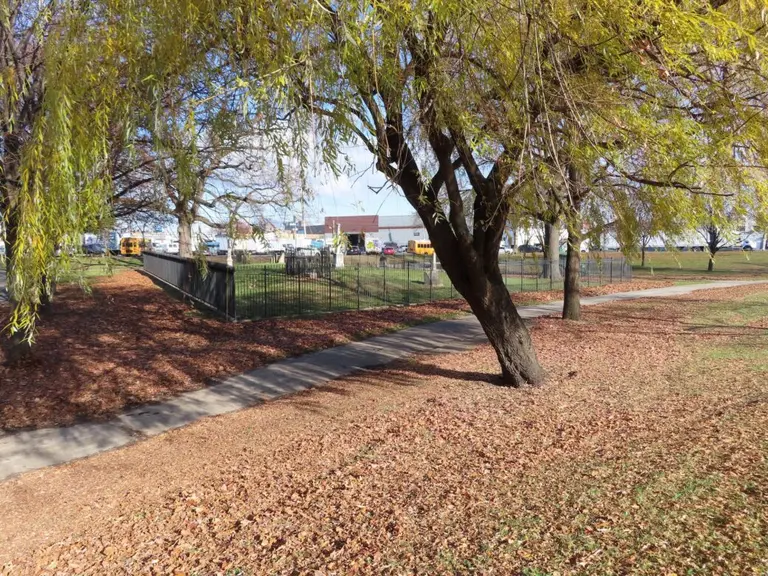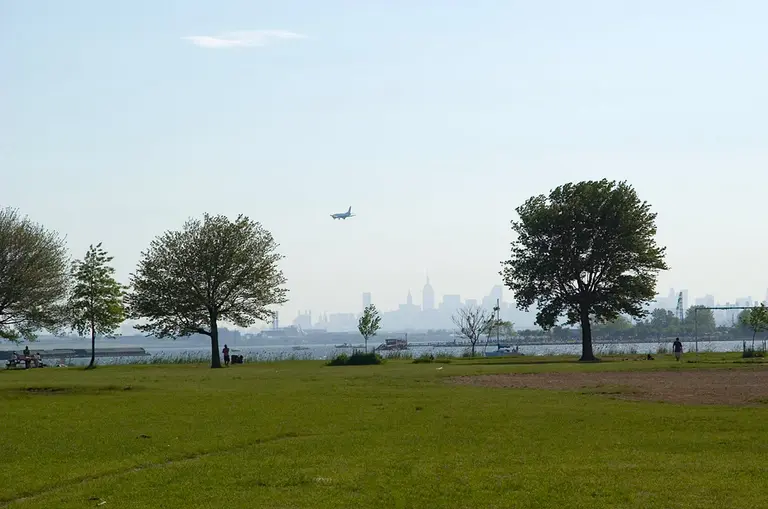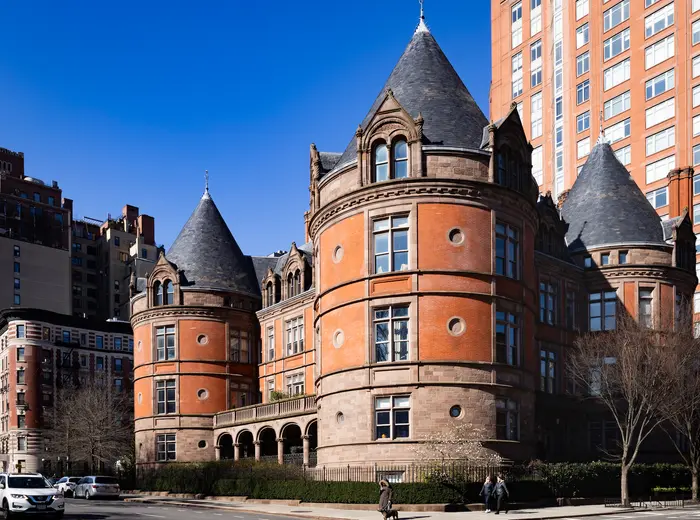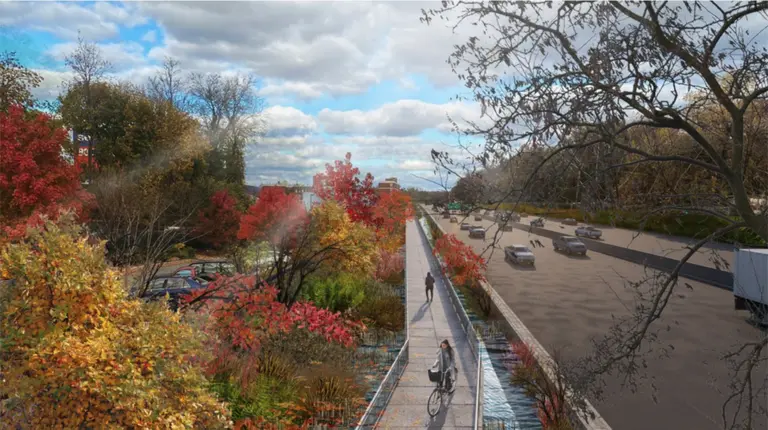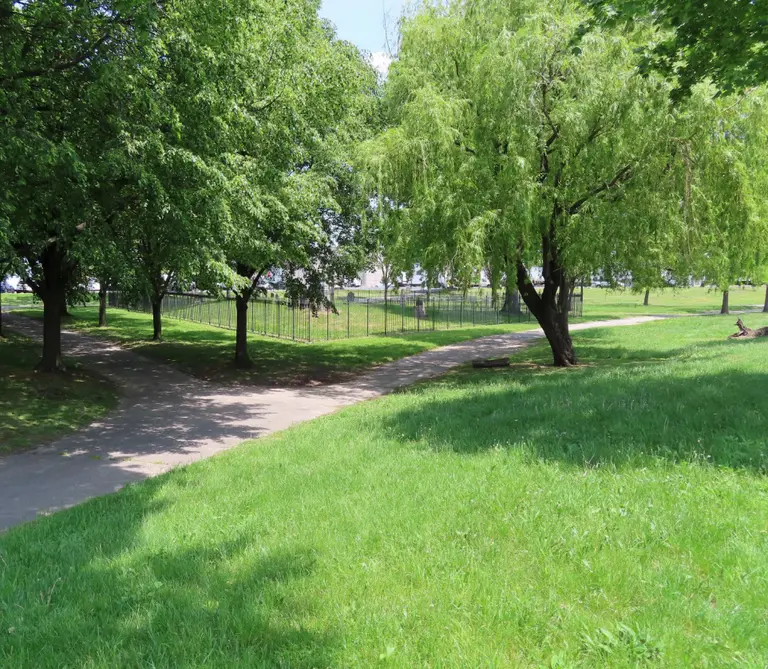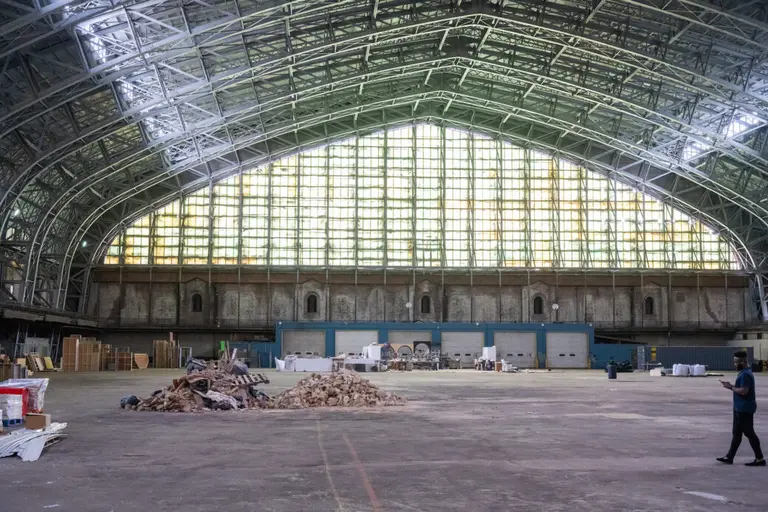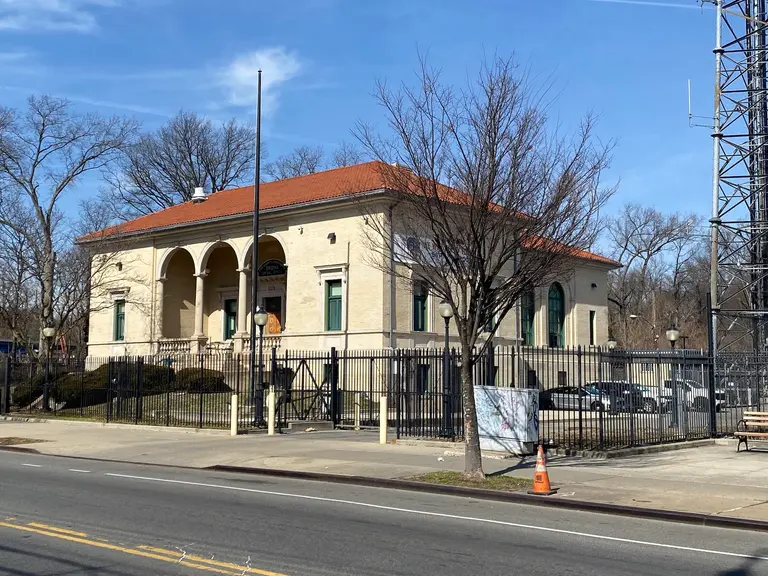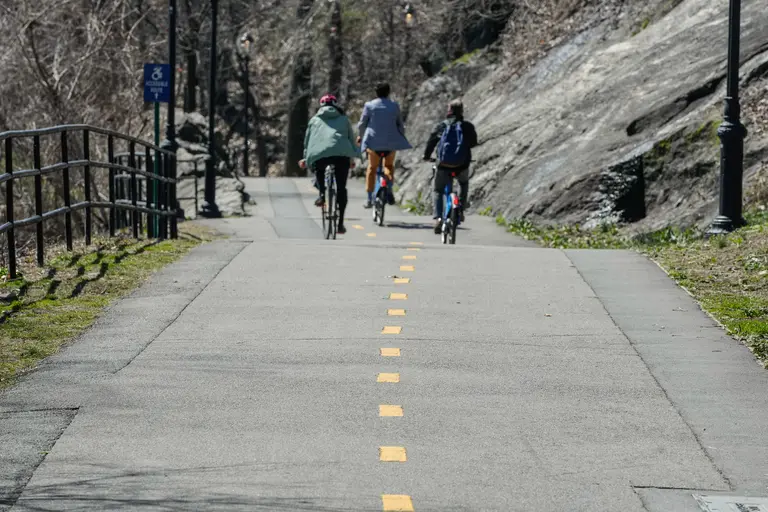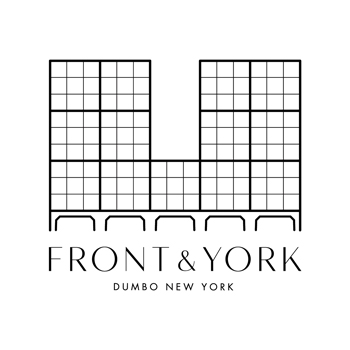Trump’s Wollman Ice Rink and Bronx golf course were more personal gain than public good

Photo via Flickr cc
Photo via Flickr cc
Though few would deny that Donald Trump enjoys placing himself in the spotlight, WNYC reports that the Republican presidential nominee has a history of claiming to save the day on public projects when it turns out that he didn’t hold up his end of the bargain, and the city ended up holding the bag. Among his supporters, Trump has a reputation for stepping in to rescue abandoned city projects, a favorite example being Central Park’s Wollman Ice Rink. About thirty years ago, the rink had fallen into disrepair and had sat unused for six years due to the city’s inability to find the funds or move past the red tape involved in fixing it. Trump brought his “get it done” attitude to the project, offering to help fix the rink. In 1986, the city agreed to let him lend a hand. Though Trump completed the repairs on time and under budget, the rink repair job wasn’t the act of philanthropy–nor the ongoing financial bonus for the city–that the candidate claims it was.
Adrian Benepe was a press secretary for city’s parks department when Wollman Rink was being repaired. Benepe makes the point that though Trump made no profit on the project, it wasn’t a gift to the city either. Art Nusbaum, whose company, HRH Construction, was hired to work on the job, recalls being offered publicity instead of pay to complete the park repairs. But, Nusbaum says, that publicity never happened. He claims his company “never got so much as a mention from Trump for its work.”
A Trump-owned company, in partnership with another company, continues to operate the rink. The city takes a percentage of any profits, but the two companies get more than two-thirds.
An audit of rink operations made in 2007 by New York City Comptroller William C. Thompson, Jr. turned up some “accounting irregularities,” including an instance where Wollman Rink Operations had underreported revenue by $106,608, meaning the the city had lost out on their share of that revenue, further tarnishing Trump’s claim to the position of generous patron to the city at his own expense.
This same knack for misrepresentation revealed itself again more recently with the golf course at Ferry Point in the Bronx, where Trump once again stepped into a half-completed city project. Supporters at the Republican National Convention this year claimed the nominee “saved the city millions” and transformed a stagnant landfill into a championship golf course. In fact, the project, which sits directly across the street from several public housing projects, was first envisioned as a city park.
During Mayor Giuliani’s tenure, the project changed direction and became a golf course with a small park, and then languished without further progress until Mike Bloomberg revived it, soliciting proposals and ultimately choosing Trump to sign a deal with the city and finish the golf course. The city spent $127 million to turn the landfill into a links-style golf course in a deal that was quite lucrative for Trump, and, according to former City Comptroller John Liu, a terrible deal for New York City taxpayers. Liu feels that “$100 million is too much to subsidize a luxury golf course that 95 percent of city residents will never be able to afford to play on.”
The course opened last year; this year Trump was permitted, in accordance with his contract, to raise fees at Ferry Point to $172 for a weekend–apparently the highest fee at any city-owned course. Income statements show that Trump made over $1 million in profits from the golf course in the last year. Local residents still remember, however, that they were promised a public park.
This week, Eric Trump asked the de Blasio Administration for permission to expand the golf course, moving the the 17th and 18th holes closer to the water, and exchange some areas inland for public use. The request was denied in the interest of protecting the community’s access to its waterfront, according to Alicia Glen, the city’s deputy mayor in charge of housing and economic development.
[Via WNYC]
RELATED:
